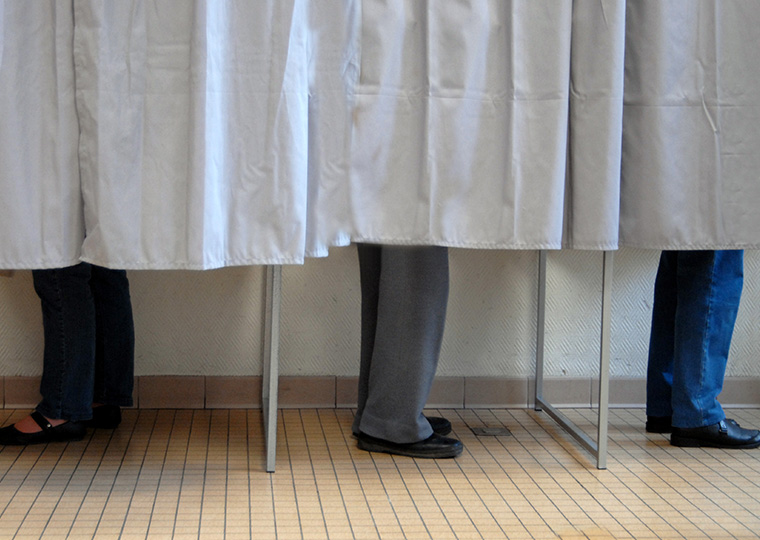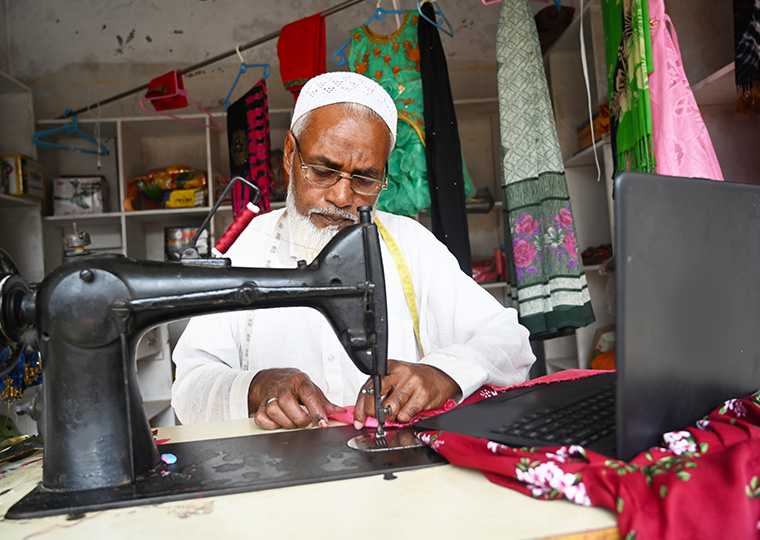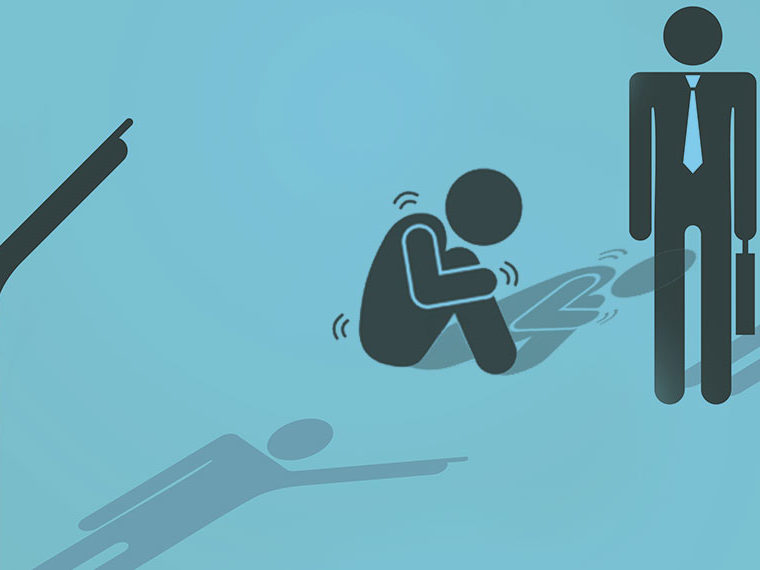Claiming victimhood of a different sort — say, concerning free speech — seen as more effective in silencing criticism
How we evolve as a society depends in no small part on how historically advantaged dominant groups (e.g., white Americans, men) choose to respond to discrimination claims from historically disadvantaged nondominant groups (e.g., non-white Americans, women).
While many are motivated to become allies to nondominant groups, some members of dominant groups respond to accusations of discrimination by insisting they are the real victims.
Opt In to the Review Monthly Email Update.
The most basic version of this is what scholars call “competitive victimhood.” This occurs when dominant groups, accused of discrimination, claim that they are, in fact, the ones being discriminated against. For example, when accused of racial discrimination, some white Americans claim that the real problem is anti-white racial discrimination (e.g., “white replacement theory”).
Is Digressive Victimhood More Effective than Competitive Victimhood?
Sometimes, however, members of dominant groups do something slightly different. They not only claim victimhood, but they try to change the topic of conversation as well. For instance, instead of responding to an accusation of racial discrimination with a counterclaim of reverse racial discrimination, white Americans sometimes respond with something along the lines of, “How dare you call me a racist. That’s an attack on my free speech rights.” Because this response aims to claim victimhood while also shifting the topic of discussion, researchers call this “digressive victimhood.”
Another example of digressive victimhood can be seen in a case that made it to the Supreme Court. When a gay couple sued a Colorado baker who refused to make a cake to celebrate their marriage, the plaintiffs based their suit on their LGBTQ rights. The baker responded with a defense that changed the subject: to bake the cake would be an assault on his religious freedom. (The baker prevailed.)
University College London’s Felix Danbold, Northwestern’s Ivuoma N. Onyeador and UCLA Anderson’s Miguel M. Unzueta conducted research exploring how people respond to these digressive victimhood claims. In research published in the Journal of Experimental Psychology, they show across three studies involving more than 3,000 participants that dominant groups prefer the digressive victimhood claims to more conventional competitive victimhood claims when countering claims of discrimination.
An Unprincipled Use of a Principle?
The researchers also found that one reason members of dominant groups favor digressive victimhood claims over competitive victimhood claims is that they see them as more effective at preventing further criticism of their group.
In one study involving more than 1,100 white participants, the researchers created two versions of a fake podcast that reported on university students wearing racially insensitive costumes at an off-campus party. The podcast reported that nine white students present at the party had been suspended.
Some participants listened to a report that leaned on the “competitive victimhood” frame. The podcast host (a white male) said: “While student protesters claim to be the victims of prejudice, the true victims are the nine white students who are being denied access to education by the university.” The host added that “discrimination against white students” was a growing problem the university should stand up to.
In the digressive victimhood frame, participants heard that the “true victim” was “the First Amendment and the right to free speech in America.” This time the host noted that the university should stand up for free speech.
All participants were asked to weigh in on a scale of 1 to 7 the extent to which they agreed with a victimhood argument and the extent to which they thought it would be an effective response. Participants also answered a series of questions to get at their level of prejudice and to gauge their support of free speech.
The digressive claim (free speech is the victim) was more strongly endorsed, with an average score of 4.15 compared with 3.46 for the competitive frame (whites are unfairly being victimized). The digressive victimhood spiel was also viewed as being more effective at shutting down the criticism, with an average score of 3.78 compared with a 3.23 score for the perceived effectiveness of the competitive victimhood framing.
The fact that digressive victimhood claims were seen as more effective in silencing criticism raises the question of whether these claims may be supported cynically (e.g., people invoking the right to free speech without believing their own argument).
The researchers were also able to tease out of the data that even when participants didn’t have a high attachment to the digressive principle being used here (e.g., free speech), they nonetheless were on board with using it as a means to their valued end. This relates to a broader pattern of what scholars call “hierarchy maintenance,” in which dominant groups try to preserve their standing in the hierarchy.
Danbold, Onyeador and Unzueta note that as society is increasingly confronting and debating inequality, they “anticipate that digressive victimhood will be a hallmark of intergroup tensions for years to come.”
Featured Faculty
-
Miguel Unzueta
Senior Associate Dean of MBA Programs; Professor of Management and Organizations
About the Research
Danbold, F., Onyeador, I.N. & Unzueta, M.M. (2022). Dominant Groups Support Digressive Victimhood Claims to Counter Accusations of Discrimination. Journal of Experimental Social Psychology. https://doi.org/10.1016/j.jesp.2021.104233






